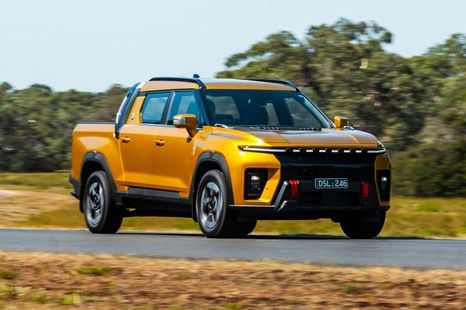

Ben Zachariah
2026 KGM Musso EV review
1 Hour Ago
Pony.ai and Baidu's Apollo Go have been granted approval to begin driverless robotaxi services with the public in Beijing, China.

Contributor


Contributor
China has officially taken the next step in its journey to a driverless robotaxi future.
Two autonomous rideshare companies, Pony.ai and Baidu’s Apollo Go, have been officially approved to begin using their SAE Level 4 autonomous robotaxi fleets on public roads in Beijing without an operator in the driver seat.
Although both companies aren’t required to have an operator behind the wheel any more, they need to have a staff member somewhere in the vehicle. For example, a Pony.ai safety supervisor is required to sit in the front passenger seat.
These two companies are now permitted to operate their robotaxi fleets within a 60 square kilometre designated area in the Yizhuang district of the Chinese capital, which is three times more than previous permits allowed.
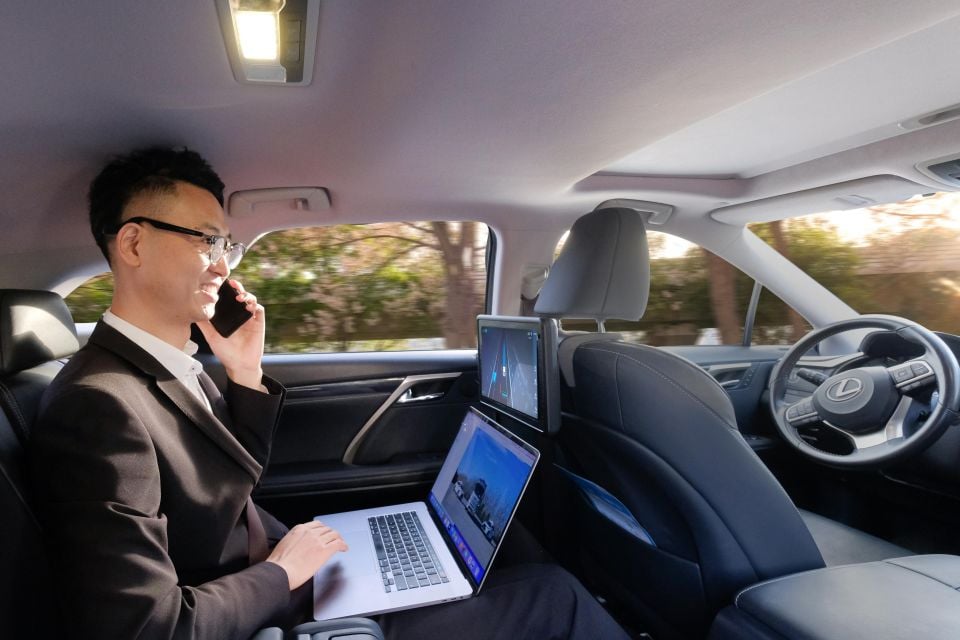
Baidu says it’ll initially run 10 of its Apollo Go autonomous vehicles without drivers behind the steering wheel, and CNBC says Pony.ai will initially have a fleet of four driverless robotaxis.
Both companies have aspirations to expand their robotaxi fleets, with Baidu indicating it plans to add 30 more autonomous vehicles “at a later stage”.
At this stage Baidu’s robotaxi fleet will operate during daytime from 10AM to 4PM, with users able to hail a driverless ride using the Apollo Go mobile app.
Pony.ai users on the other hand are now able to hail a driverless robotaxi from 9AM to 5PM using the PonyPilot+ mobile app.
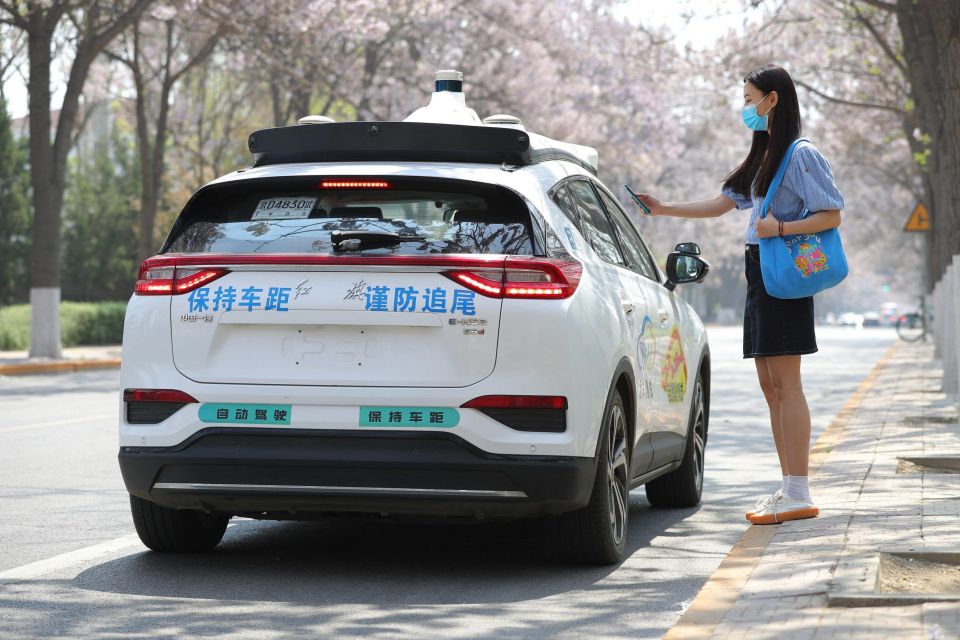
In order to obtain this driverless permit, Pony.ai had to pass safety criteria testing how the autonomous car could navigate unprotected left turns, temporary construction zones, smog, as well as heavy rain and snowy conditions.
It’s expected Baidu had to go through a similar process in order to receive the driverless permit.
“Pony.ai’s approval to operate driverless robotaxis in Beijing is a critical milestone in the transition from testing driverless autonomous vehicles within Pony.ai to offering driverless robotaxi rides to public passengers,” said Pony.ai co-founder and CEO James Peng.
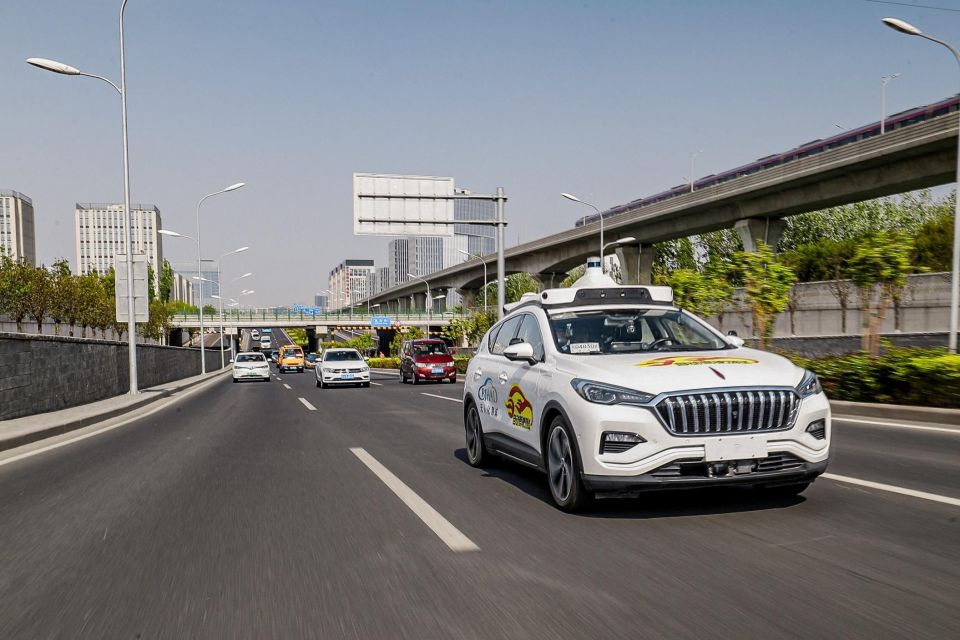
Both Baidu and Pony.ai were granted commercial permits in November 2021 to begin charging fees for robotaxi services when there are safety operators in the driver’s seat. It’s unclear if this rolls over to the driverless robotaxi services though.
Chinese-American robotaxi company Pony.ai was founded in late 2016 and claims to have conducted over 11 million real-world autonomous driving kilometres globally. It also has partnerships with OEMs such as Toyota, FAW Group and GAC Group.
Baidu on the other hand, is a Chinese multinational technology company which was founded in 2000. It’s best known for its search engine and it launched its Apollo autonomous vehicle project in 2017.
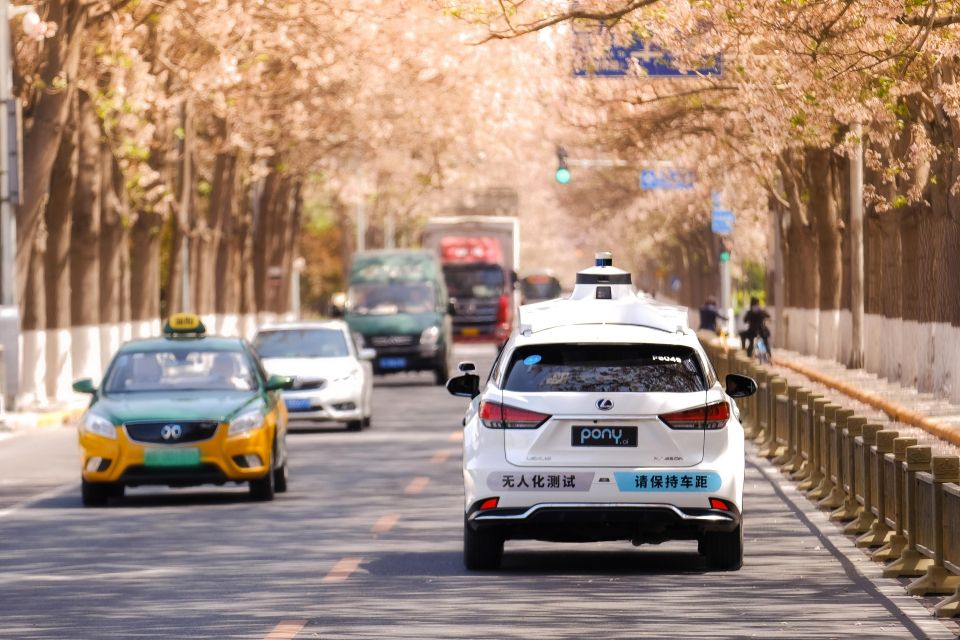
These Chinese driverless autonomous vehicles aren’t a world-first, with companies such as Alphabet’s Waymo and GM’s subsidiary Cruise already operating robotaxis with no staff in vehicles in certain areas of the USA.
Waymo is already charging customers to use its robotaxis in Arizona, whereas Cruise is waiting for approval of a permit that’ll allow it charge customers in San Francisco.
Other automakers such as Volkswagen and Hyundai have also been working on autonomous robotaxis, thanks to strategic partners, with the general aim of rolling these out before the middle of the decade.
MORE: How autonomous is my car? Levels of self-driving explained
Jack Quick is an automotive journalist based in Melbourne. Jack studied journalism and photography at Deakin University in Burwood, and previously represented the university in dance nationally. In his spare time, he loves to pump Charli XCX and play a bit of Grand Theft Auto. He’s also the proud owner of a blue, manual 2020 Suzuki Jimny.


Ben Zachariah
1 Hour Ago


James Wong
1 Hour Ago
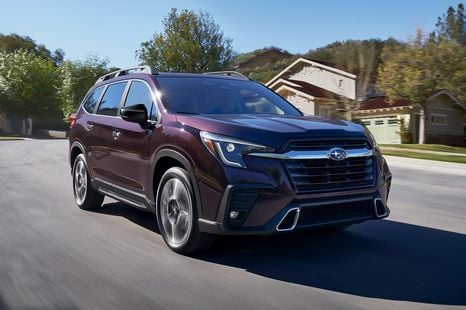

James Wong
1 Hour Ago
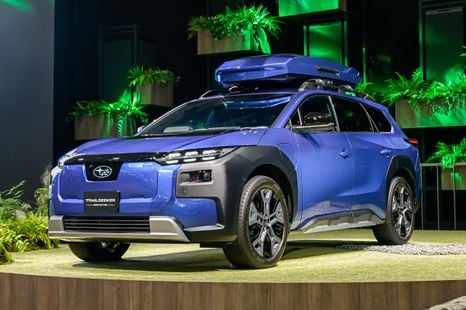

James Wong
1 Hour Ago


Damion Smy
8 Hours Ago
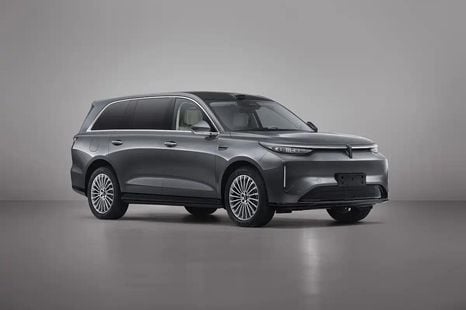

William Stopford
9 Hours Ago
Add CarExpert as a Preferred Source on Google so your search results prioritise writing by actual experts, not AI.